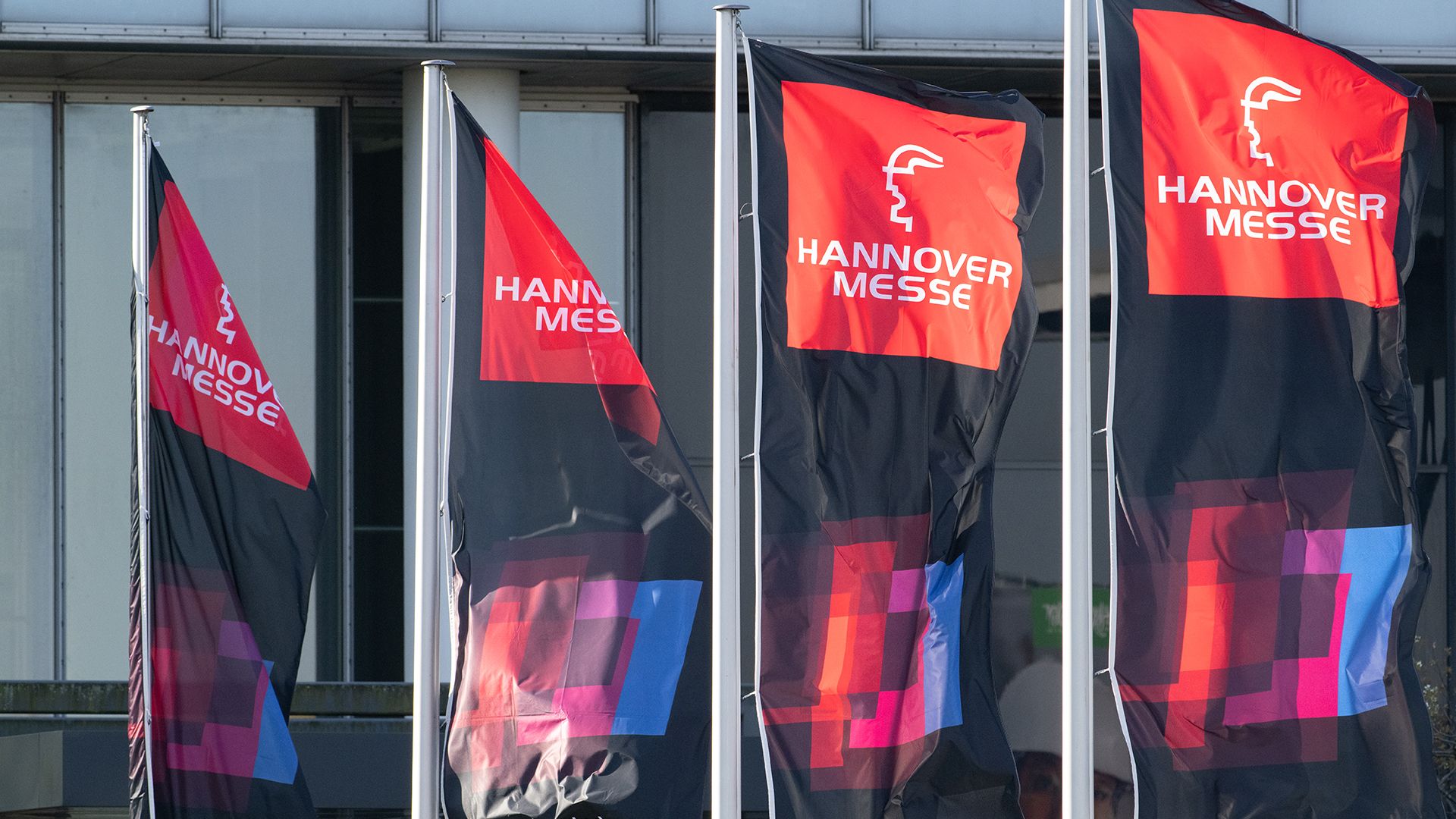CCS: Establish a legal framework and advance decarbonisation


- Effective climate protection through carbon capture and storage
- Wintershall Dea participating in various CCS projects in the North Sea region
- Appeal to German lawmakers: Make it possible to transport CO2 abroad
The International Energy Agency (IEA) and the Intergovernmental Panel on Climate Change (IPCC) are calling for carbon capture and storage (CCS) to be used to help the EU meet its climate targets. Doing so could significantly reduce unavoidable emissions from industry, in particular. “With CCS, rather than entering the atmosphere, emissions are safely stored under the seabed. CCS is emerging as a key technology for reducing CO2, and Germany and Europe must not miss the boat,” said Klaus Langemann, SVP Carbon Management and Hydrogen at Wintershall Dea, at the CCUS Forum (Carbon Capture, Utilisation and Storage) in Oslo on 27 October. The conference, which is being jointly organised by the European Commission and the Norwegian Ministry of Petroleum and Energy, aims to advance the adoption of carbon capture, utilisation and storage in Europe.
Ratify the London Protocol and conclude bilateral agreements
At present, there are still legal hurdles in Germany, such as one that forbids the transport of carbon dioxide to storage sites outside Germany. To change this, Germany would have to undertake a number of measures, such as ratifying the London Protocol and concluding bilateral agreements with CO2-receiving countries. In October, Denmark and Belgium concluded such an agreement, which will make it possible to transport CO2 across national borders. “Germany should follow the example of Denmark and Belgium so as to remain competitive as an industrial location,” Langemann continued, adding that this is important for the steel, cement and chemical industries, for example, whose production processes will continue to produce large amounts of CO2 emissions.
In Norway, as in Denmark, offshore CCS has been accepted by policymakers and citizens alike. Related projects have already been launched in both countries – including ones in which Wintershall Dea is involved. A first injection of CO2 is already planned for the beginning of 2023 at the Greensand project in the Danish North Sea. In addition, Wintershall Dea is the operator of the Luna CO2 storage license in the Norwegian North Sea, which has an estimated CO2 storage potential of up to 5 million tonnes per year. At the same time, Wintershall Dea is cooperating with Equinor in the NOR-GE project. Beginning in 2032, some 20-40 million tonnes of CO2 are to be transported to Norway for storage under the seabed, initially by ship and ultimately via a pipeline. This volume corresponds to roughly 20 per cent of Germany’s total industrial emissions per year.
More on the CCS projects of Wintershall Dea:
About Wintershall Dea
Wintershall Dea is Europe’s leading independent natural gas and oil company with more than 120 years of experience as an operator and project partner along the entire E&P value chain. The company with German roots and headquarters in Kassel and Hamburg explores for and produces gas and oil in 12 countries worldwide in an efficient and responsible manner. With activities in Europe, Russia, Latin America and the MENA region (Middle East & North Africa), Wintershall Dea has a global upstream portfolio and, with its participation in natural gas transport, is also active in the midstream business. More in our Annual Report.
As a European gas and oil company, we support the EU’s 2050 carbon neutrality target. As our contribution, we have set ourselves ambitious targets: We want to be net zero across our entire upstream operations – both operated and non-operated – by 2030. This includes Scope 1 (direct) and Scope 2 (indirect) greenhouse gas emissions on an equity share basis. Wintershall Dea will also bring its methane emissions intensity below 0.1 per cent by 2025 and maintain zero routine flaring of associated gas in its operations. In addition, we plan to reduce emissions resulting from the use of hydrocarbons by applying CCS and low-carbon hydrogen technologies, potentially building up a business abating 20-30 million tonnes of CO2 per annum by 2040. You can find more about this in our Sustainability Report.
Wintershall Dea was formed from the merger of Wintershall Holding GmbH and DEA Deutsche Erdoel AG in 2019. Today, the company employs around 2,500 people worldwide from almost 60 nations.

